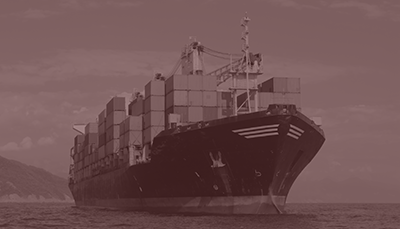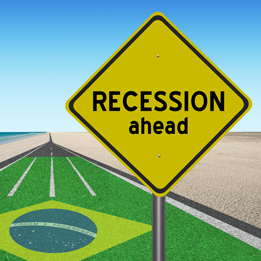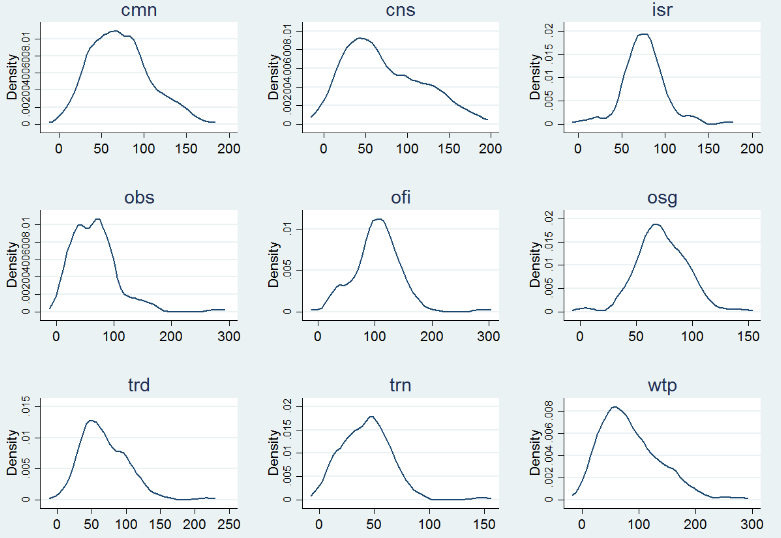From the mid 1990s to 2003, when Mr. Lula was elected as president, the brazilian economy got stronger, due to the tripod of policies implemented by Mr. Cardoso in the 1990s, which had been successful in maintaining macroeconomic stability (namely, the inflation targeting regime, the floating exchange rate and the fiscal austerity). Then Mr. Lula's governance brought more equality. But, since Ms. Roussef's election en 2011, the economic policy regression led to the president's empeachment. What now? >>> |
- In search of a liquid asset for European financial markets
Francesco Molteni - How Multi-Destination Firms Shape the Effect of Exchange Rate Volatility on Trade
Jérôme Héricourt, Clément Nedoncelle
- Estimated Tariff Equivalents of Services NTMs
Lionel Fontagné, Cristina Mitaritonna, José E. Signoret - Do Uncertainty Shocks Always Matter for Business Cycles?
Stéphane Lhuissier, Fabien Tripier - Let's Try Next Door: Technical Barriers to Trade and Multi-destination Firms
Lionel Fontagné, Gianluca Orefice - Product Mix and Firm Productivity Responses to Trade Competition
Thierry Mayer, Marc Melitz, Gianmarco Ottaviano - Collateral Damage: The impact of the Russia sanctions on sanctioning countries’ exports
Matthieu Crozet, Julian Hinz - The March of the Techies: Technology, Trade, and Job Polarization in France, 1994-2007
James Harrigan, Ariell Reshef, Farid Toubal
Michael Reich on " What Impact of a minimum wage at 15$ ? "
September 1, 2016
L'économie mondiale 2017 - Conférence de présentation
September 7, 2016
Rich People Poor Countries: The Rise of Emerging-Market Tycoons and their Mega Firms
September 15, 2016
SUERF/PSE/CEPII Conference: Rethinking Capital Controls and Capital Flows
September 16, 2016
AEEF 2016 : 10 years Anniversary Event
September 21 - 22, 2016
XIV ELSNIT Annual Conference : Investment Treaties and Investment Promotion Policies
October 21 - 22, 2016
Immigration in OECD Countries - 6th Annual International Conference
December 12, 2016
Modeling real international relationships - A MIRAGE Consortium Workshop
December 15 - 16, 2016
Should we fear the Brexit uncertainty? IMF versus Krugman IMF cuts global growth forecasts following Brexit vote. Paul Krugman has taken a different point of view by arguing there is no reason to worry in the immediate future. This opposition reflects clearly two different opinions on the short-term consequences of uncertainty. Stéphane Lhuissier, Fabien Tripier >>> |
AVEs-Services AVE-Services contains ad valorem equivalents of restrictions on cross-border trade in services for 118 countries and 9 sectors, using the GTAP databaseof trade in services for 2011. Results compare with those of Fontagné, Guillin, and Mitaritonna (2011) for the year 2004. We use the same method, for a larger set of countries. For sake of comparison the database proposes also ad valorem equivalents for 2004 and 2007 estimated for the original (2004) set of 64 countries of Fontagné, Guillin, and Mitaritonna. >>> |
Deadline for application :
September 7, 2016
- Contact us
- Our other sites
 |
ISSN: 1255-7072
Editorial Director : Antoine BouëtManaging Editor : Dominique Pianelli













